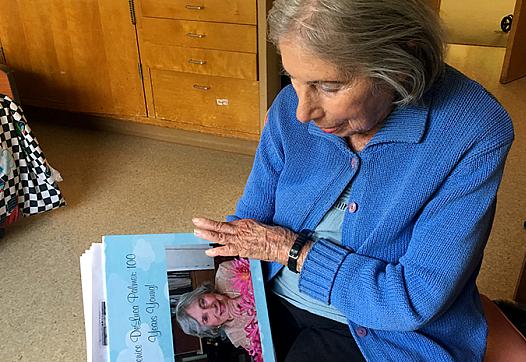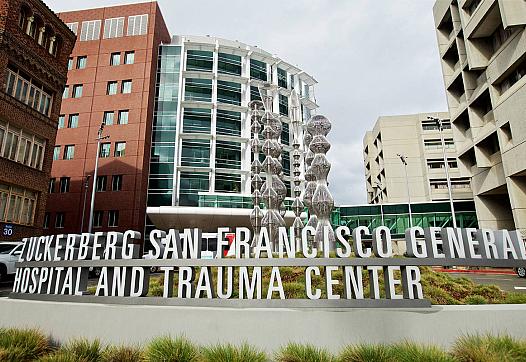Two years since the creation of Ballad, the state has yet to release quality, access and financial reports with the public.
Healthcare Regulation and Reform

Thousands of Los Angeles residents have received word that their medical debt has been paid by benefactors, highlighting an ongoing crisis.

Since the 2009 publication of “The Blue Zones," Dan Buettner has devoted himself to reengineering communities to improve residents' health.
How two reporters used data to explore how California's ambitious health care initiatives could shape the lives of working residents already strained by the state's high cost of living.

Medicare reporting, once a staple of health care journalism, has largely disappeared from health and political beats. Seniors are paying the price.

Given that one in four children in this country has a chronic condition, the human costs of such negligence are high.

Reporting this story really opened my eyes to how important it is to collectively think about how we ought to care for seniors — and how little we actually do that.

When it comes to public health and environmental justice, we have yet to understand what causes a disproportionate number of asthma diagnoses and severe symptoms among Memphis children.

Has San Francisco's pre-Obamacare safety net plan been superseded by history?

Research shows that as hospitals fall under fewer ownership umbrellas, prices can rise — and at significantly higher rates than their more modestly sized competitors.
